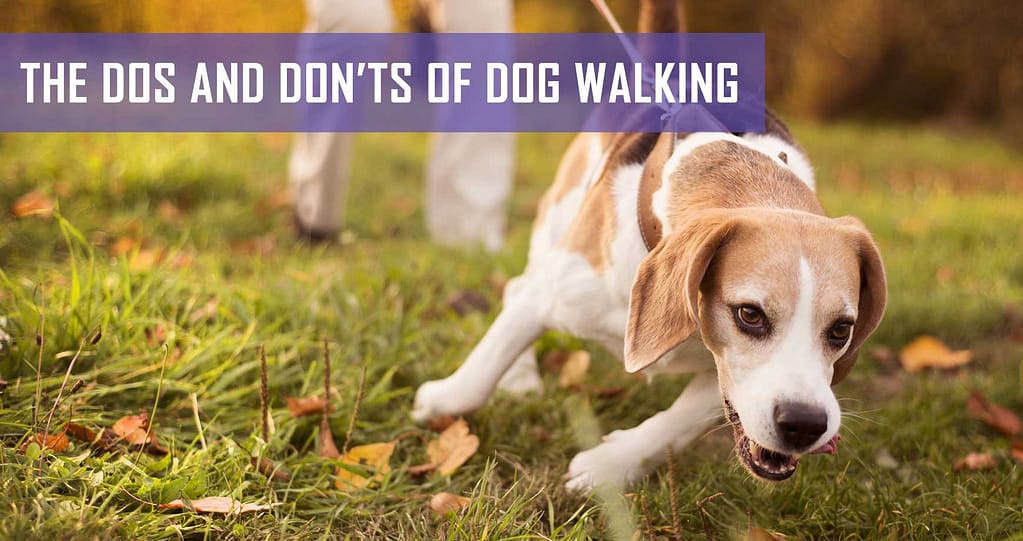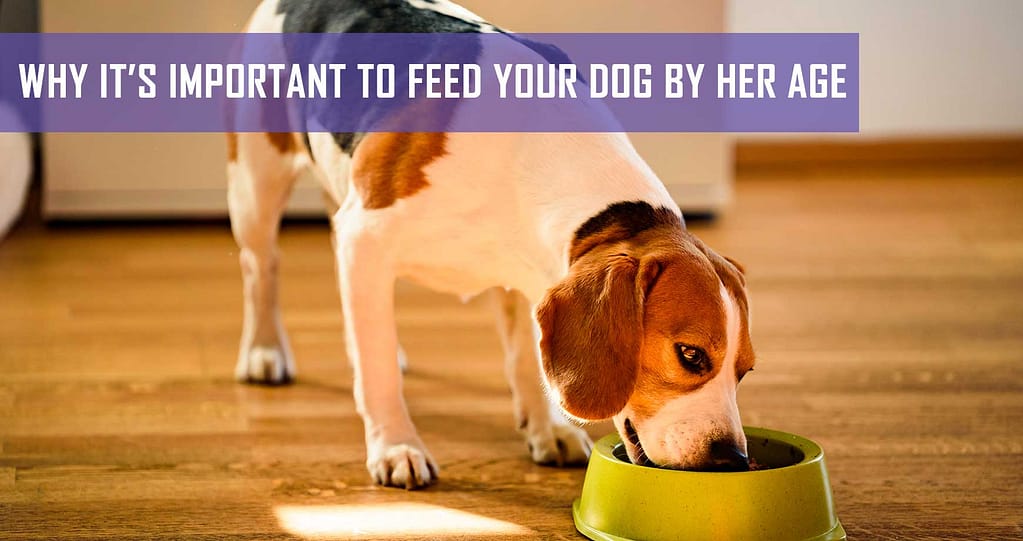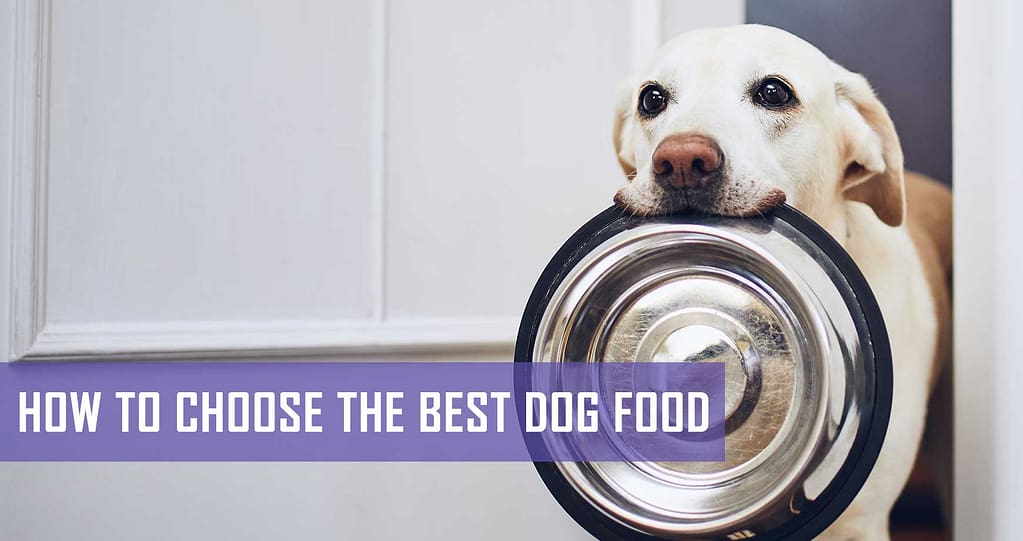Kennel cough, also known as infectious tracheobronchitis and sometimes called bordetella, is a very common upper respiratory infection in dogs, caused by a range of bacteria and viruses. It can cause your dog to cough persistently and sound like he’s choking on something. While this will sound alarming and trigger your dog-parent reflexes, rest assured that most dogs recover very well from kennel cough, given the right love and care.
What causes kennel cough?
Interestingly, kennel cough is caused by viruses and bacteria. How this works is that the viral infections make dogs’ immune systems more susceptible to the bacteria, which then leads to bacterial infection and all the subsequent symptoms. The viral infections associated with kennel cough are caused by parainfluenza virus, canine reovirus, canine adenovirus, canine distemper and canine herpes virus.
One or more of these viral infections lay the groundwork for Bordetella bronchiseptica to enter the respiratory tract and start causing havoc. This is why kennel cough is also commonly referred to as ‘bordetella’.
How does it spread?
Kennel cough is highly contagious and can remain infective for six to 14 weeks after symptoms develop. Both the viral and bacterial agents of kennel cough are spread in the air by sneezing or coughing dogs. Healthy dogs inhale air that is infected with the sick dogs’ respiratory secretions. Bordetella bronchiseptica can enter the respiratory tract if the function of the healthy dog’s respiratory tract is compromised by stressors, e.g. travel, being housed in a busy environment, cold temperatures, environmental pollution like dust, cigarette smoke, or infectious viruses as mentioned above.
It’s therefore no surprise that dogs in close confines are most susceptible to kennel cough. Dogs that are boarding, in shelters, or at competitive events with many other dogs are primed for Bordetella infection because they are in busy, stressed environments that are usually very hot or very cold.
Kennel cough symptoms
Kennel cough can affect the front of the throat, the larynx, the back of the throat, the pharynx, as well as the trachea or windpipe. Because of the varied viral and bacterial infections, a dog with kennel cough may display one, some or all of the following common symptoms:
- sudden dry, hacking cough
- sneezing
- sudden snorting
- retching, gagging or vomiting in response to very light contact with the trachea
- spasmodic cough when the dog is excited or exercising
- nasal discharge can also be present
- fever (sometimes)
Symptoms typically occur two to 14 days after exposure to the bacteria. Most times dogs with kennel cough continue to eat and are alert. But some cases can become more serious with pets becoming lethargic and having a lack of appetite. In severe cases of kennel cough, the infection can spread to the lungs and cause lung infection or pneumonia. In complicated cases, their lives could be in danger. Severe cases occur only in dogs with a weak immune system or in very young puppies. It is very rare to lose a healthy dog to kennel cough.
Treating kennel cough
Kennel cough symptoms usually last from 10 – 20 days and can reoccur during stressful times. Most cases of kennel cough can be resolved without any medication. Some vets prefer that their patients heal their bodies naturally. Complete recovery can take up to three weeks in healthy dogs and twice as long in older dogs, puppies, or dogs with a weak immune system.
NB: It’s VERY important that you make an appointment with your vet if your dog does not show signs of improvement in a week, or if the cough becomes progressively worse.
Also, keep your healthy dogs away from your ‘sick’ dog if you think he has kennel cough – it is very contagious.
The trachea of a dog with kennel cough is very sensitive, so a collar will be uncomfortable and aggravating to them. If you suspect your dog has kennel cough, rather use a harness with his leash if you need to walk him or take him somewhere. A dog with kennel cough should never be pulled around at the neck because it will worsen their coughing significantly.
You can help to alleviate symptoms by humidifying the air. Focus on keeping your dog’s immune system healthy by feeding him a high-quality dog food diet and keeping his vaccinations up to date. This really is the best defence against kennel cough.







